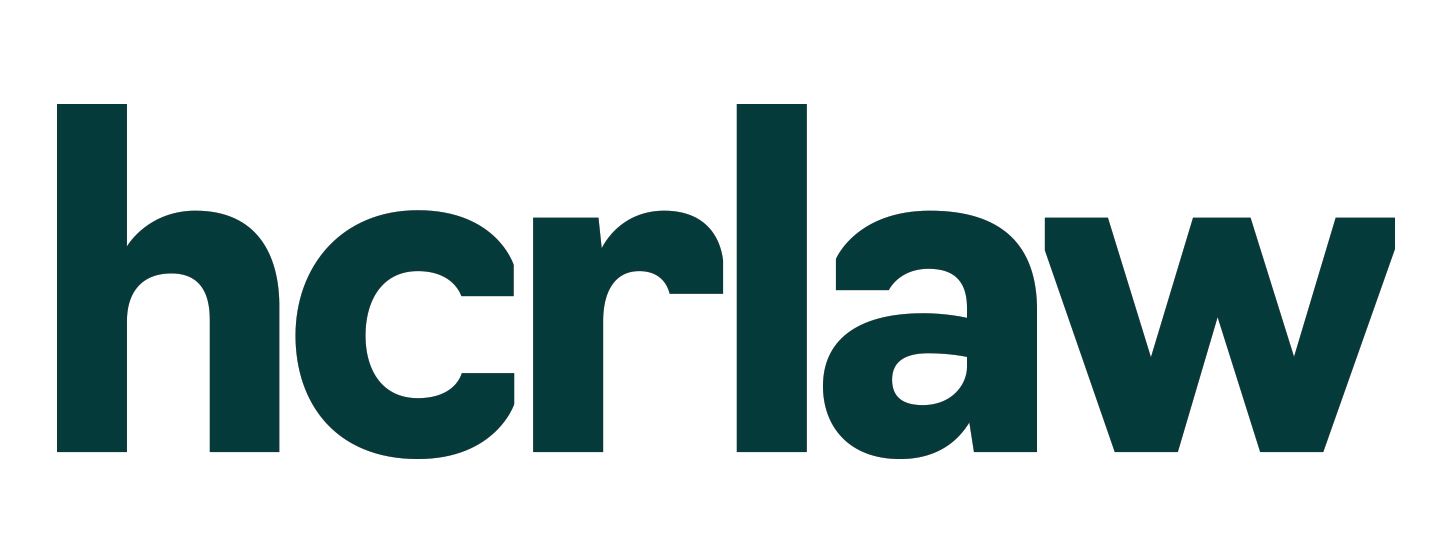Suppliers to Plan for Net-Zero or plan to be excluded from Government bids
)
Suppliers to Plan for Net-Zero or plan to be excluded from Government bids
In 2019, the U.K. Government introduced a target of at least a 100% reduction in greenhouse gas emissions as compared to 1990 levels by 2050. This is known as the “Net Zero” target. In pursuit of the Net Zero target, the Cabinet Office have made a Procurement Policy Notice which places a new mandatory burden on Government Departments to ensure that when procuring goods and/or services the suppliers they select have a credible Net Zero plan at the selection stage of bidding.
When will it apply?
From 30 September 2021, the procurement policy will be applied by all Central Government Departments, including the Ministry of Defence (MoD) and only to those projects with an anticipated value above £5million per annum (excluding VAT) which are subject to the Public Contracts Regulations 2015. Where the policy would not be proportionate to the contract, exemptions can be sought.
What will I be required to do?
When assessing a potential supplier’s technical ability, the MoD will include a requirement to provide a Carbon Reduction Plan (CRP) which outlines the supplier’s plans to achieve Net Zero by 2050. The requirement will include information as to how the supplier implements environmental management measures throughout the duration of the contract. Measures might include accreditation such as ISO14001 or PAS 2060, changing traditional lighting to LED or opting for electric vehicles.
As a supplier, you will be required to submit a CRP at the selection stage of bidding, which must comply with the Cabinet Office guidance and includes your current carbon footprint and your plans to achieve Net Zero by 2050. The CRP should be approved by a director, updated regularly and published prominently on your company website.
Crucially, while some businesses already self-report on parts of their emissions known as Scope 1 (direct) and Scope 2 (indirect) emissions the new rules go further by requiring Scope 3 emissions. Scope 3 includes activities which produce emissions such as business travel, employee commuting, transportation, distribution and waste. It is notable that “emissions” in this context means CO2e, a broader category of gases than simply CO2 which includes 6 greenhouse gases; carbon dioxide, methane, nitrous oxide, F-gases (hydrofluorocarbons and perfluorocarbons) and sulphur hexafluoride.
Failure to publish and submit a credible CRP will result in exclusion from bidding for the relevant contract. Each CRP will be assessed within its context, including whether it is proportionate within the contract or owing to the size and capability of the supplier.
The U.K. Government spends some £290billion each year in procurement projects and has sought to use this economic power to hold suppliers to account for their carbon footprint. The Defence sector spans industries which have an inherently large carbon footprint such as manufacturers of air, land or maritime platforms as well as those with very limited footprints such as cyber or digital service providers. The burden applies to all but will undoubtedly impact on those producing goods to a greater extent. Interestingly, the CRP applies only to U.K. operations meaning those who resell goods made outside of the U.K. may be at an advantage if they carefully manage their distribution mileage.
SMEs bidding for contracts worth more than £5million per annum may find it more difficult to design and implement environmental measures at the selection stage, particularly where they manufacturer goods which contradicts the ambition to increase spending with U.K. SMEs. Despite statements claiming that the policy will not unfairly impact SMEs, we assess that the likely cost of compliance and expertise required to produce and adhere to a CRP mean SMEs will be impacted to a greater extent. SMEs would likely be required to instruct third party professionals to assess current emissions and design measures to achieve Net Zero by 2050 at the bidding stage, front loading what could be a very significant financial burden. The promise to assess CRPs on a case by case basis raises questions as to fairness and consistency of decision making in Government procurement.
Ultimately, the ambition to reduce emissions must be applauded and industry must account for their environmental outputs .The introduction of the policy will require industry actors large and small to consider everything from the electricity consumption in manufacturing through to how their employees travel to work and over what distances.
Richard Morgan, HCR’s head of Dispute Resolution and Defence Security and the Forces sector services, founded the team that established the Three Counties Defence & Security Group and its showcase event 3CDSE, the defence and security expo adopted by the MoD, UK Strategic Command (Special Projects Division) and the relevant divisions of DE&S, as the vehicle for their annual industry briefing on future forces requirements.
Richard observes: “3CDSE has showcased innovation from the defence sector since 2017 and in particular, sought to champion SMEs as drivers for change. Whilst we support any initiative which seeks to safeguard the environment and reduce the emissions which harm it, we are keen that any such initiatives do not inadvertently displace SMEs from the supply chain or exclude from lucrative Government contracts. In practice, we would like to see U.K. Government taking the size and capability of the potential supplier in a consistent manner into consideration and providing support in terms of guidance as to how to reduce emissions without front loading costs. Together we can achieve Net Zero, but we must not stifle innovation or exclude SMEs in doing so.”










.jpg)




